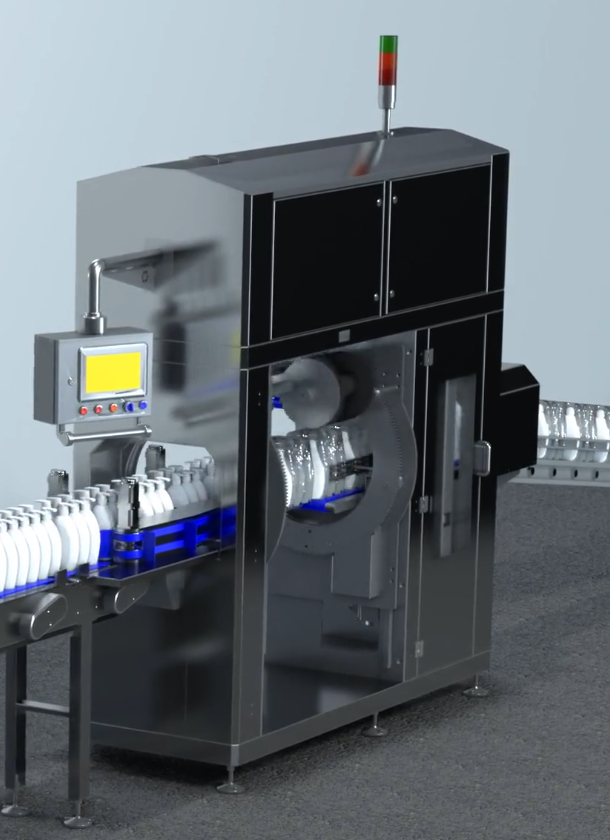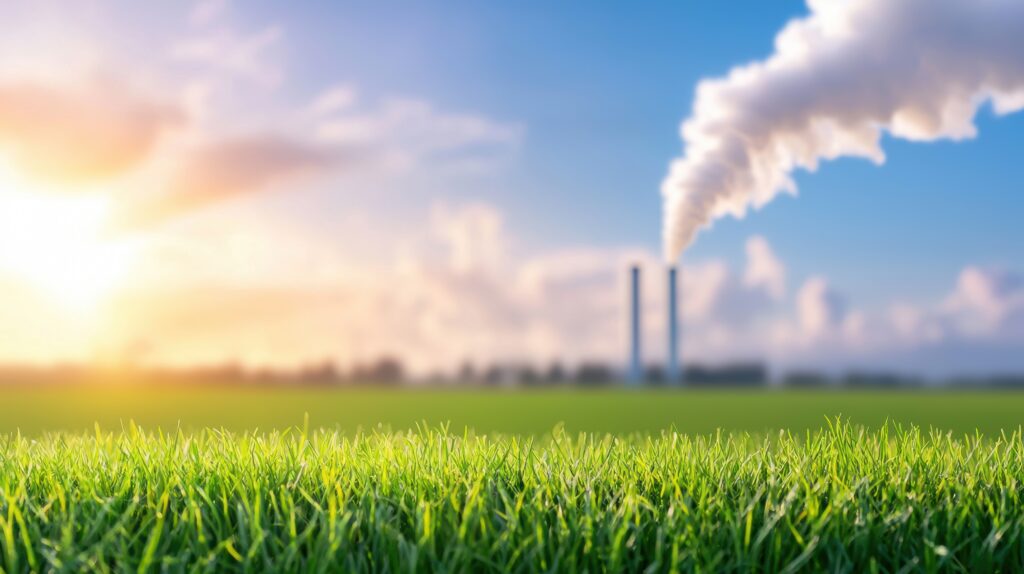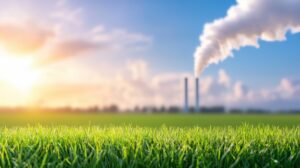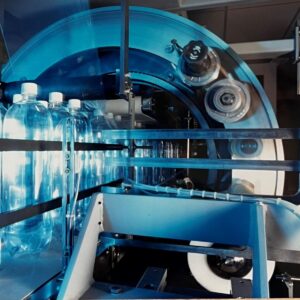With climate change regularly in the spotlight and countries under increasing pressure to reduce their greenhouse gases, legislation governing waste, energy consumption, and harmful emissions continues to tighten, forcing manufacturers to conform or face fines and financial penalties.
Carbon emissions from end-of-line packaging processes are typically very high due to the common use of heat shrink tunnels. But this can be resolved through the introduction of stretch wrap technology.
As a cold-wrap solution, stretch wrapping not only saves manufacturers over 90% on energy costs, but it also ticks all the boxes when it comes to environmental legislation.
Here is an overview of the current legislation affecting FMCG manufacturing and how YEPCO’s Eco Wrapper can help…

Climate Change Levy
What is it? An environmental tax for businesses, public sector bodies, agriculture, and industrial users to encourage energy efficiency and reductions in carbon emissions. It applies to electricity, natural gas, LPG, and solid fuels.
When does it come into effect? Now – since 2001
What does it affect? Energy prices – levy charged per unit of energy use
What will mitigate the effects? Use less energy and lower carbon emissions
How will YEPCO solutions help? The Eco Wrapper uses over 90% less energy as it is a cold-wrap solution
Plastics Tax
What is it? An environmental tax which applies to businesses who manufacture or import ≥10 tonnes of finished plastic packaging components per year into the UK. It targets plastic packaging that contains less than 30% recycled plastic. Packaging that contains ≥30% recycled plastic (by weight) is exempt from the tax.
When does it come into effect? Now – since 2022
What does it affect? Plastic packaging that contains <30% recycled content
What will mitigate the effects? Use plastic that contains 30% PCR content
How will YEPCO solutions help? The Eco Wrapper uses film with 30% PCR content
Extended Producer Responsibility (EPR) Fees
What is it? A policy which charges producers a fee per tonne of packaging material used, with different packaging types attracting a set fee based on their environmental impact. Packaging types that are easily recycled will be charged at a lower fee per tonne than those that are more difficult to recycle.
When does it come into effect? October 2025
What does it affect? Net packaging use
What will mitigate the effects? Use less packaging and recycle more
How will YEPCO solutions help? The Eco Wrapper uses up to 70% less plastic and the linear, low density, polyethylene is 100% recyclable. Because there is no heat in the process, biodegradable and compostable films can also be used.
Emissions Trading Scheme: Energy-from-Waste
What is it? An expansion of the current Emissions Trading Scheme to include energy-from-waste and waste incineration. Production facilities will be required to purchase carbon allowances to offset their emissions, which will add a cost to their processes.
When does it come into effect? A phased approach between 2026 – 2028
What does it affect? Plastic incineration
What will mitigate the effects? Recycle more
How will YEPCO solutions help? Like for EPR above, the Eco Wrapper uses up to 70% less plastic and the linear, low density, polyethylene is 100% recyclable. Because there is no heat in the process, biodegradable and compostable films can also be used.
Carbon Tax
What is it? A tax encouraging manufacturers to reduce their carbon footprint.
When does it come into effect? To be confirmed
What does it affect? Carbon footprint
What will mitigate the effects? Reduce carbon emissions
How will YEPCO solutions help? The Eco Wrapper produces up to 70% less carbon
If you’d like any further information on how our sustainable secondary packaging solutions can help your manufacturing business to conform to current environmental legislation, please get in touch.


